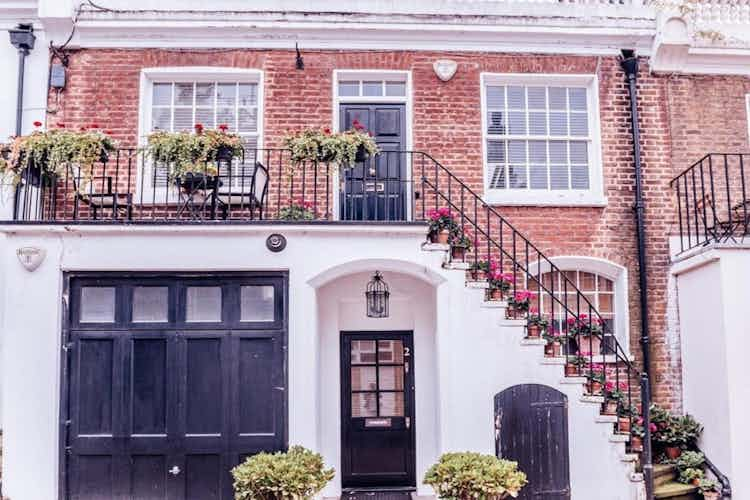The UK housing industry is facing a mini-boom thanks to the recently introduced stamp duty holiday, which aims to benefit home buyers who have been hit by the financial crisis. The stamp duty holiday is one of the new measures introduced by Chancellor Rishi Sunak to assist in the economic recovery from the COVID-19 pandemic.
What is Stamp Duty?
Stamp duty land tax, as it is officially called, is a tax that is paid upon the purchase of property or a piece of land in England or Northern Ireland. The tax is calculated on the basis of the sum paid for the property.
Before the current measures were introduced, movers would pay stamp duty on any property that cost more than £125,000. First-time home buyers would pay stamp duty on any property that cost more than £300,000.
Two important caveats to this were that if a buyer’s first home cost more than £500,000, they would pay the same as a mover. However, if the property cost between £300,000 - £500,000, they would only pay stamp duty on the part of the price that fell between this range.
What Changed After the Stamp Duty Holiday was Introduced?
The stamp duty holiday introduced a new system intended to benefit both, second home buyers as well as first time home buyers.
Primarily, for all property sales taking place before 31st March 2021, stamp duty is not required to be paid for any property that costs up to £500,000.
In addition to this, the tax rate for properties costing greater than this threshold was also modified, which means:
- For properties costing between £500,000 and £925,000, buyers will pay stamp duty of 5% on the part of the price that falls between this range
- For properties costing between £925,000 and £1.5 million, buyers will pay stamp duty of 10% on the part of the price that falls between this range
- For properties costing greater than £1.5 million, the tax rate will be 12%
The above changes are applicable on second homes and investment properties, though landlords will still be required to pay the extra 3% of stamp duty that they were previously charged.
How do These Changes Affect Home Buyers?
Movers and investors are expected to see the biggest benefit from the stamp duty holiday, since first time buyers already benefited from not having to pay stamp duty on properties valued at up to £300,000.
For example, while a mover would have initially had to pay £2,500 for a property costing £250,000, they do not need to pay anything under the new system.
For people buying investment properties and second homes, the stamp duty holiday could represent savings of up to £15,000.
For example, someone purchasing a property valued at £500,000 would have earlier been required to pay stamp duty of £30,000. However, under the current regulations, this amount would be reduced to £15,000, representing significant savings for the buyer.
How has this Affected the Property Market?
While this upturn can in part be attributed to the recently introduced stamp duty holiday, in reality, a combination of factors has led to the resurgence of the housing market. The first of these is a release of pent-up buyer demand that built up while the property market was brought to a standstill over the past few months as a result of the lockdown.
Another factor in an increase in buyers seeking new home environments during the lockdown. Work from home has driven a revived interest in properties with gardens and working spaces, as well demand for homes in smaller towns, as buyers reassess their lifestyles with respect to the lockdown.
Real estate agents and property websites report that the asking prices for new properties have hit record highs, with a corresponding increase in buyer demand and property enquiries. A recent report by property giant Rightmove, for example, indicates an average increase of 2.4% on the previous high record for asking prices in March, pre-lockdown.
While the surge in demand has definitely been a boon to the market, it remains to be seen whether the stamp duty holiday will drive house prices further up, since, according to the experts, the market remains price sensitive and the UK is still not in the clear in terms of economic uncertainty.






